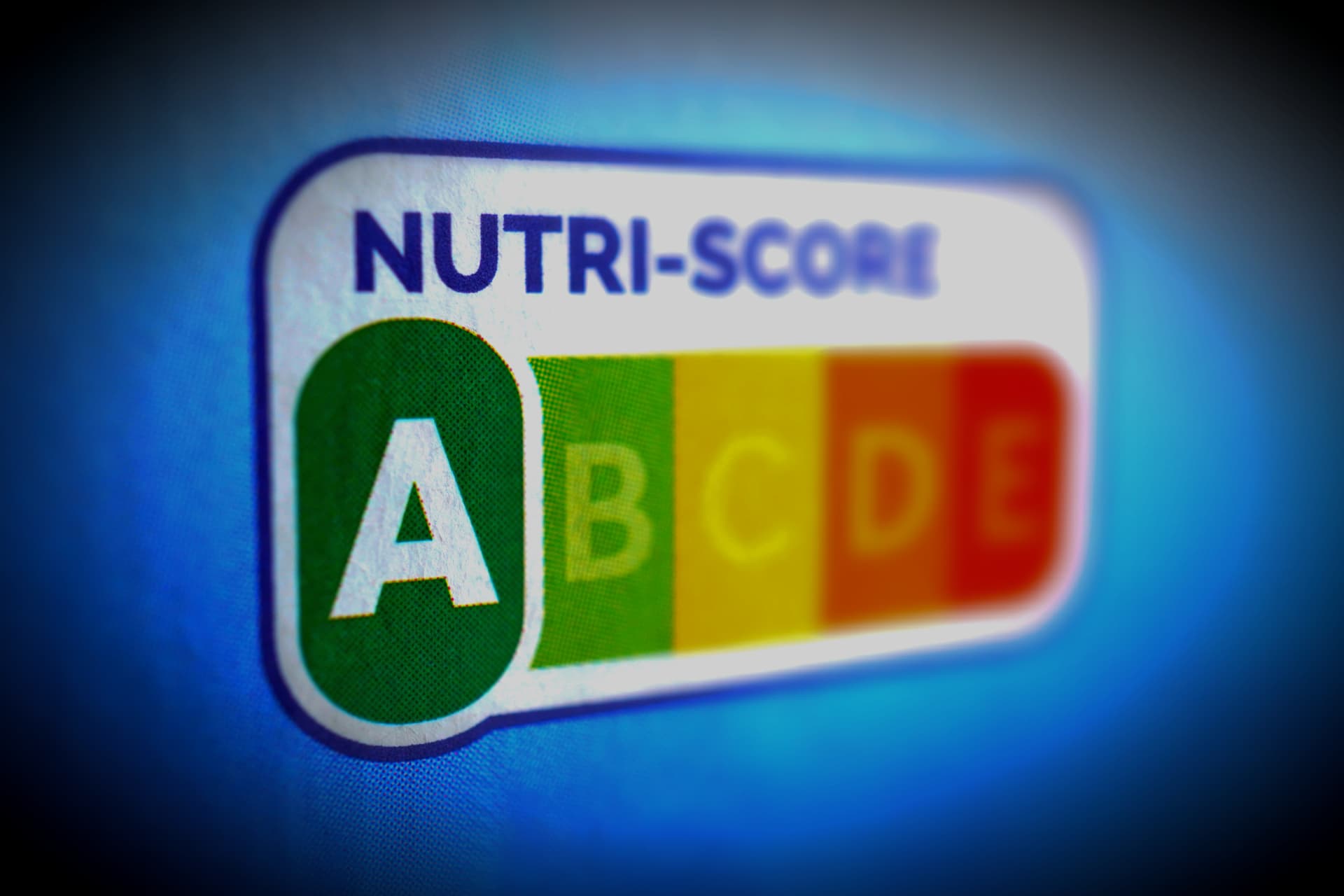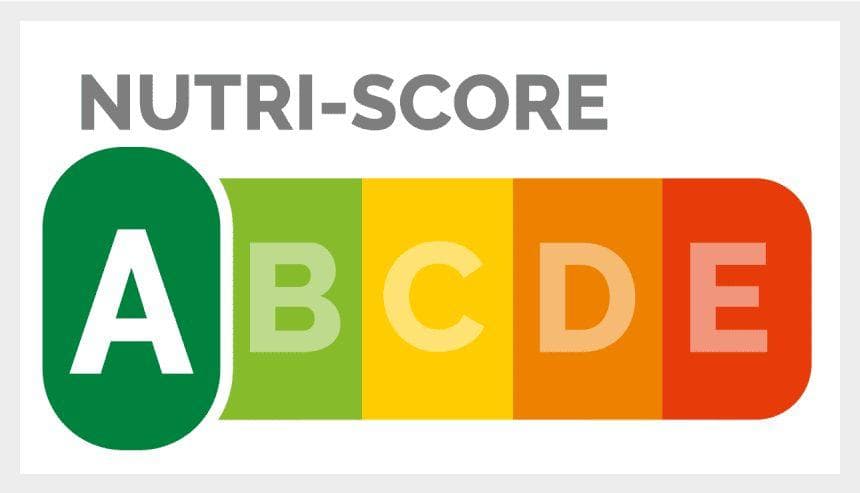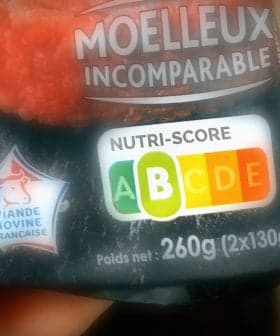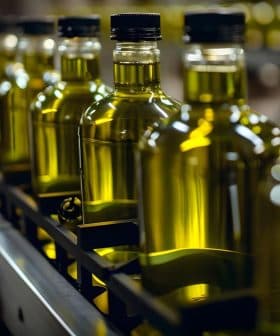 5.4K reads
5.4K readsBusiness
Europe Puts Off Decision on Food Labeling

The potential adoption of Nutri-Score as a mandatory EU front-of-pack labeling system has been removed from the legislative agenda, with no discussion expected until 2024, according to a European Parliament member. This decision comes after significant differences among EU members in approaching food labeling, with Nutri-Score being a leading candidate due to its widespread voluntary adoption by countries like France and Germany.
The potential adoption of the Nutri-Score as a mandatory European Union front-of-pack labeling platform has been removed from the current E.U. legislative agenda.
The latest news was announced by a European Parliament member (MEP) during the national meeting of Coldiretti, an agricultural association, in Rome.
“The European Commission has canceled its legislative proposal for an E.U.-wide food labeling system which includes Nutri-Score as one of the potential candidates,” said Paolo De Castro, member of the agricultural and rural development commission of the European Parliament.
See Also:Italy Plans to Fund Mobile App to Counter Nutri-ScoreAccording to De Castro, the withdrawal from the agenda means that the matter will not be discussed again before 2024, when elections are due.
“This means that this commission and this parliament will not be able to propose or to turn any proposed food label into law,” he added.
The delay in the legislative process for a harmonized and mandatory food labeling system for the entire European Union does not come as a surprise after comments from Italian and European politicians last month.
A decision on the matter was first expected by the end of the year and was recently postponed to the second half of 2023 . The main reason for the delay resulted from significant differences among E.U. members in the approach to food labeling.
While several different labeling platforms have been taken into consideration, Nutri-Score was long considered to be the front-runner after widespread voluntary adoption by a handful of countries, including France and Germany and major food producers.
Nutri-Score is a traffic-light-style front-of-pack label that uses a combination of five coordinated colors and letters to rate how healthy a packaged food item is based on its fat, sugar, salt and calorie content per 100-gram or milliliter serving. The “Green A” indicates the healthiest option, and “Red E” denotes the least healthy.

The announcement from De Castro comes days after the advisory body of the French Ministry of Health, the National Conference on Health (CNS), published an opinion asking for the immediate adoption of Nutri-Score throughout Europe.
The CNS experts called on the European Commission and the European Parliament “to protect the health of people living in the European Union, present and future generations, and to adopt a mandatory nutritional labeling, that is understandable by as many of our citizens as possible, especially the most vulnerable, and that has been scientifically proven to be effective.”
The CNS added that Nutri-Score’s adoption should happen “by the foreseen deadline (2022)” as “mandatory Europe-wide nutrition labeling.”
Before the CNS released its opinion, 23 MEPs wrote an open letter to the European Commission, appearing to criticize Nutri-Score while asking for a different approach.
According to the signatories, whichever nutritional label is chosen should be “simple” but not “simplistic.” It should also have to avoid any “judgment of value of the foods” and offer “information on calories and nutrients per serving.”
The letter also asked the commission to consider how the label assesses non-nutritional contents, such as whether or not a food is processed.
According to De Castro, the de facto delay in the E.U. adoption process is good news, as it will allow more time to understand the different opinions on the subject.
“As a matter of fact, I do not think we need a single harmonized system,” he added. “There are so many cultural differences and different lifestyles to find a comprehensive system to include them all successfully.”









